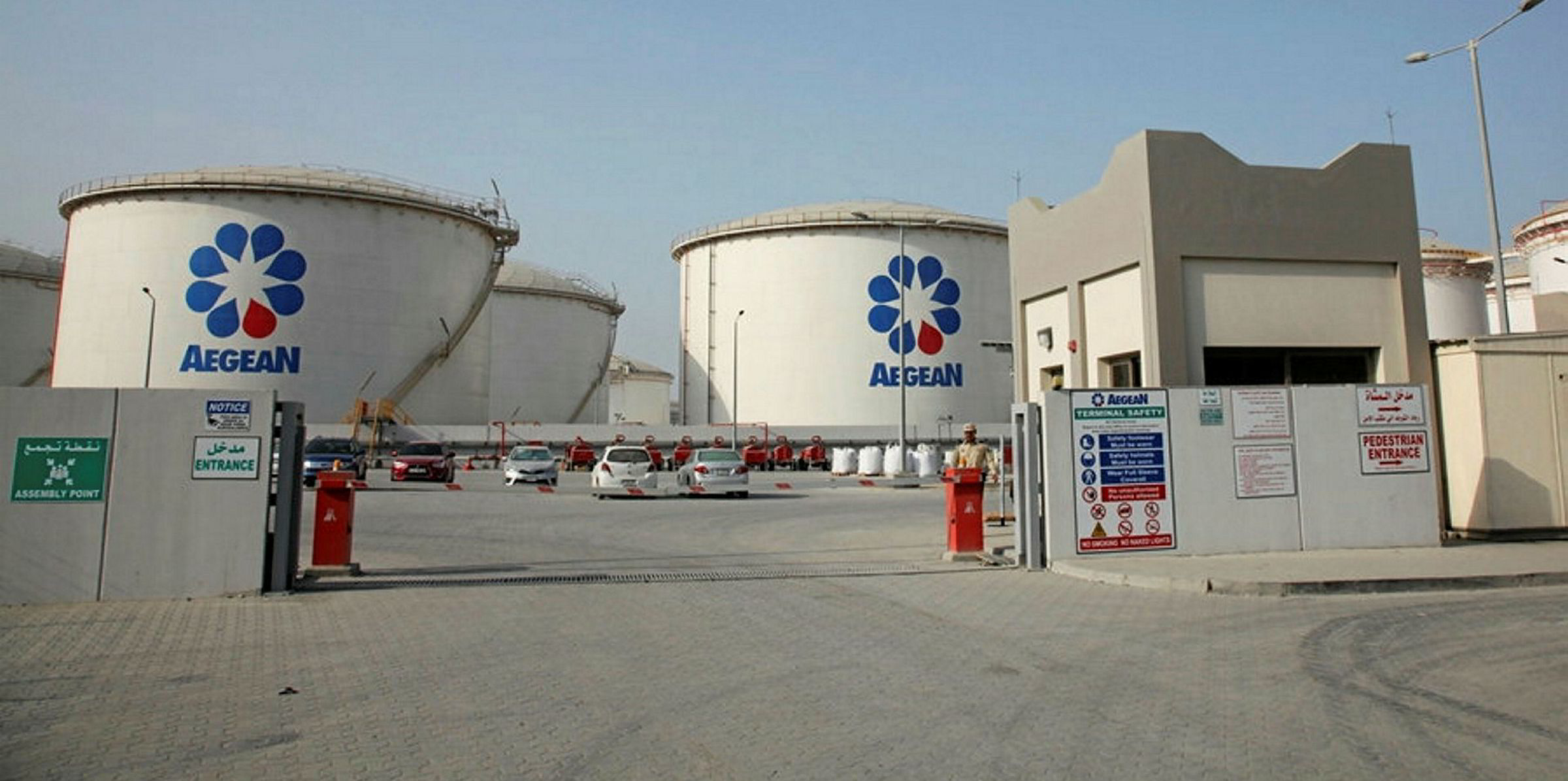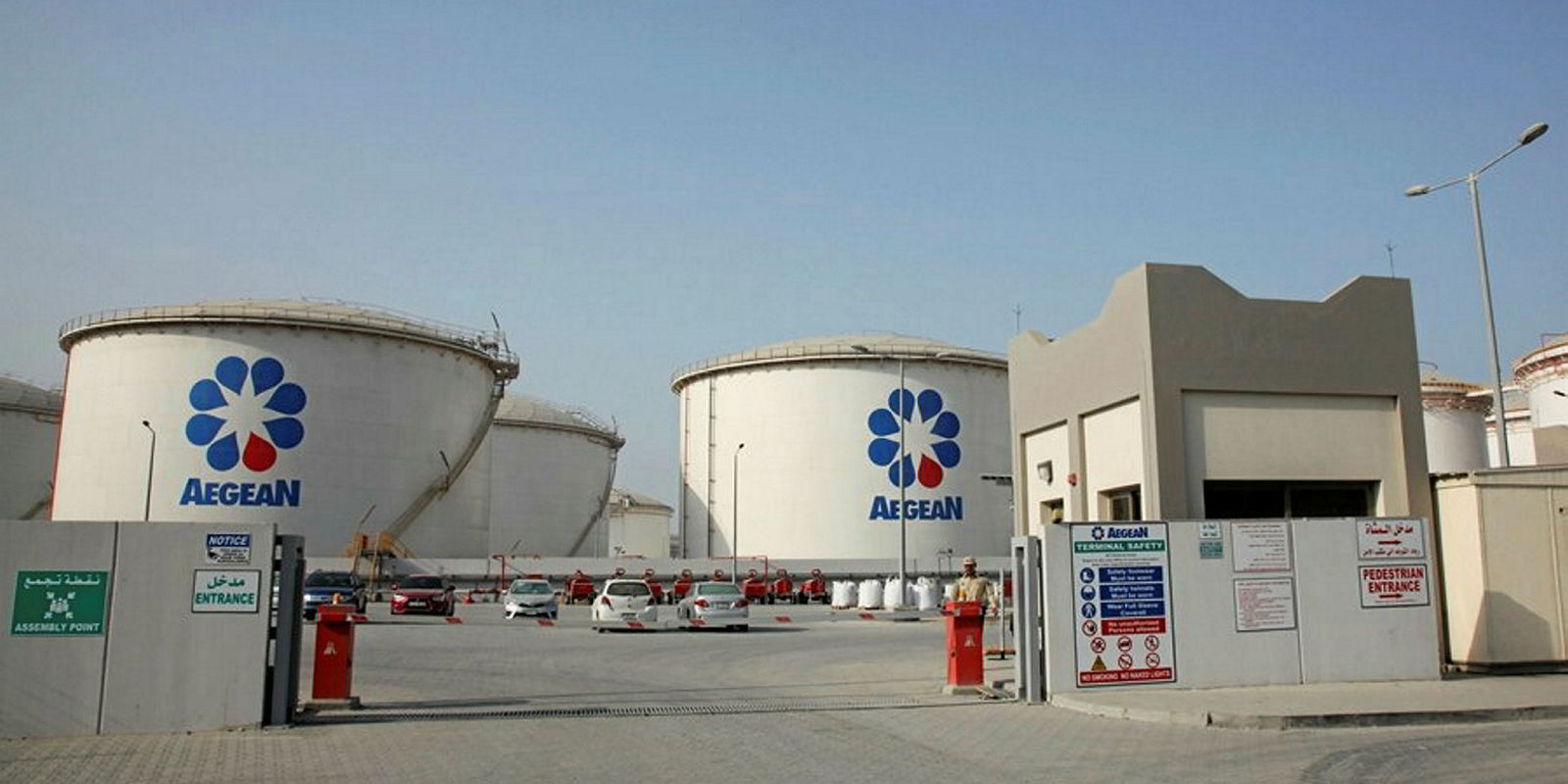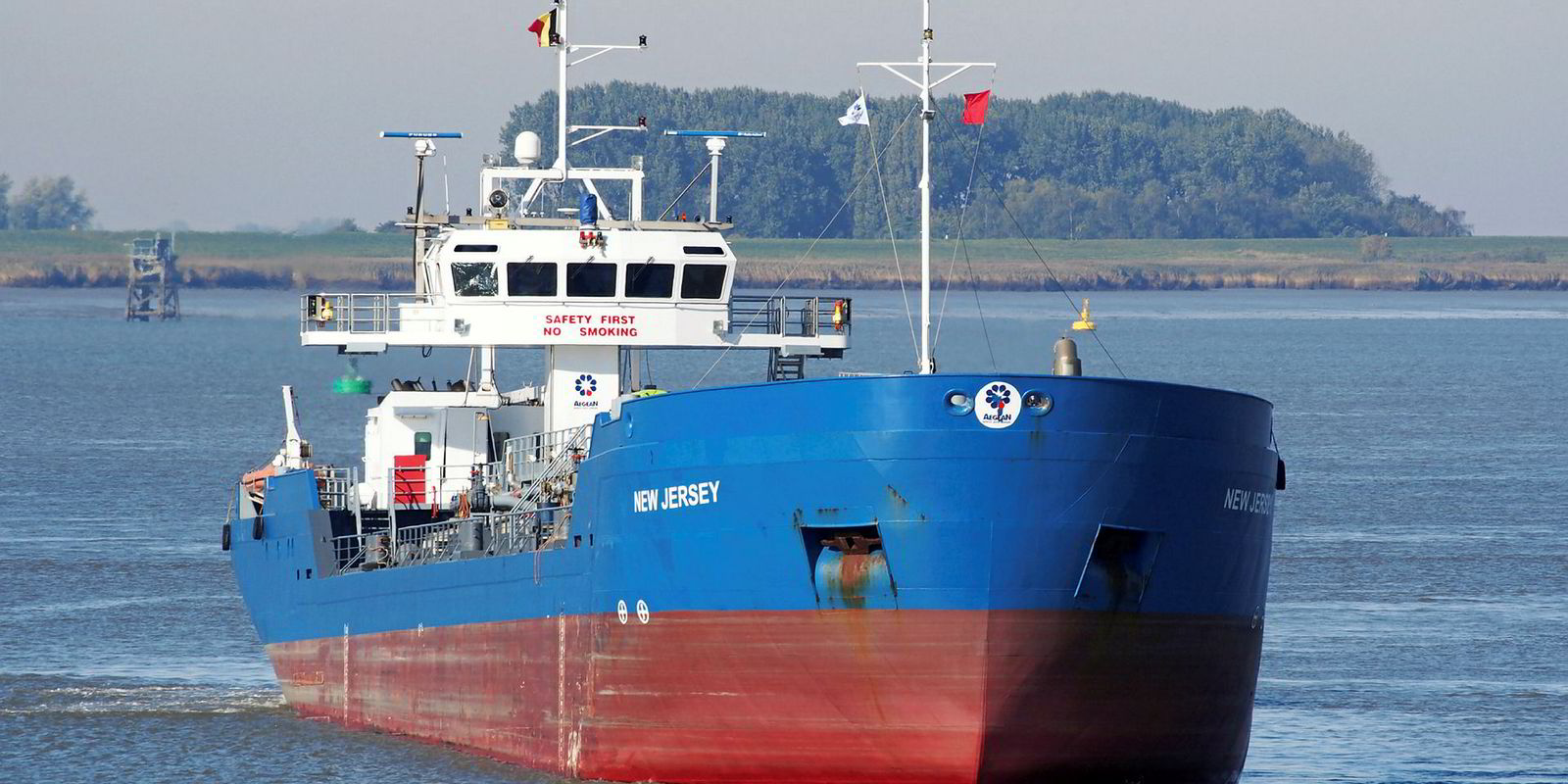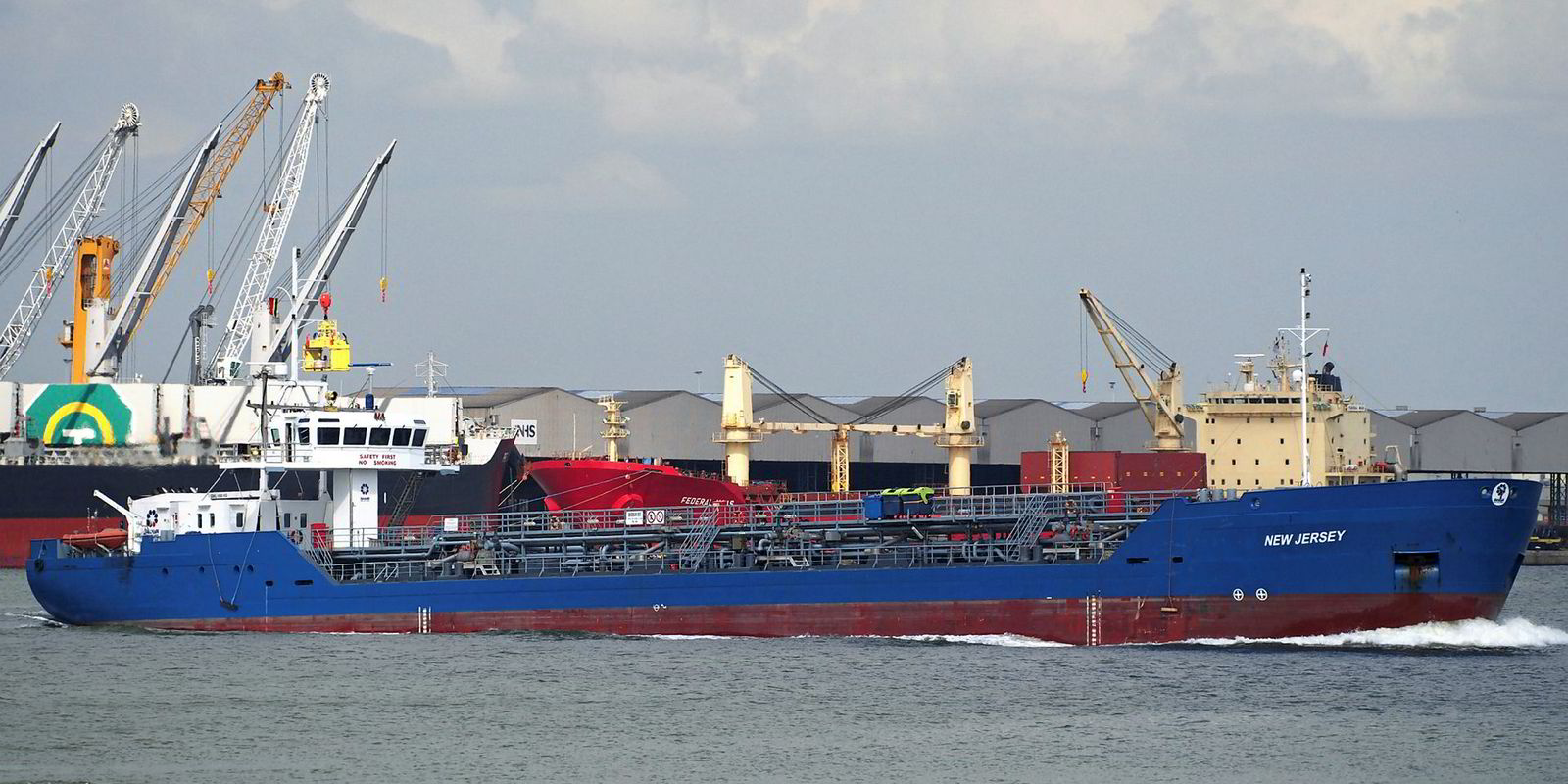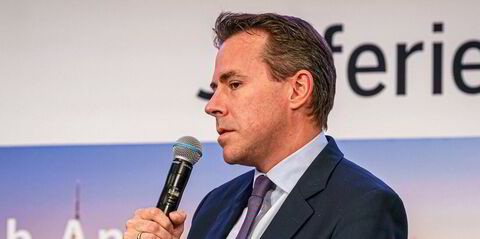Aegean Marine Petroleum Network was — by its own admission this week — on the verge of needing to liquidate itself in June
It was under pressure from existing lenders, liquidity woes and an internal scandal that had seen $200m in trade receivables purportedly diverted from its coffers.
“Mercuria’s injection of liquidity was a literal lifeline at a point when Aegean’s operations had all but ground to a halt,” Aegean director Tyler Baron said in a court affidavit this week.
The two credit facilities taken over in June by Mercuria totalled more than $381m.
This week, Baron added in the filing: “The DIP [debtor-in-possession] financing provides the debtors with immediate stability and certainty, and will enable the debtors to run a sales process for substantially all of the debtors’ assets.”
Substantially higher losses
Chapter 11 protection was sought just days after Aegean admitted that losses from alleged fraud had now been found to be substantially higher than it believed in the summer.
Aegean alleged that more than a dozen employees, including senior managers, had orchestrated a half-billion dollar fraud scheme with an unnamed former affiliate as the primary beneficiary.
Up to $300m of its assets were funnelled to OilTank Engineering & Consulting after a 2010 deal to build an oil terminal in Fujairah, and $200m in accounts receivable would be written off as uncollectable, Aegean said.
Commodities giant Mercuria stepped in during the summer to lend the funds that have kept Aegean going, but it has also helped the company in other ways, according to court papers.
'Broader partnership'
The two parties have signed a memorandum of understanding targeting “a broader strategic partnership, including operational services, trading and hedging arrangements, as well as efforts to explore a refinancing” of more than $250m of unsecured convertible notes that came due last month and are due in 2021.
Despite those efforts, the bond talks failed, resulting in this week’s bankruptcy filing, papers state.
Mercuria also has been working with Aegean in its capacity as a physical supplier of bunkers.
Aegean typically buys bunkers on the spot market or through supply contracts. It holds inventories for a few weeks before reselling to customers, including Hapag-Lloyd, Eukor, Cargill and Glencore.
“Since the Mercuria transaction, Aegean also purchases inventory for delivery in certain regions directly from Mercuria, referred to herein as the 'sleeving' of inventory,” Baron stated.
“Simply put, ‘sleeving’ involves Aegean identifying a cargo of fuel available from one of its suppliers and then arranging for Mercuria to purchase the fuel on its own account before reselling it to [Aegean] just prior to when Aegean delivers the fuel to a customer.
"Sleeving is a liquidity enhancement accommodation provided by Mercuria.”
